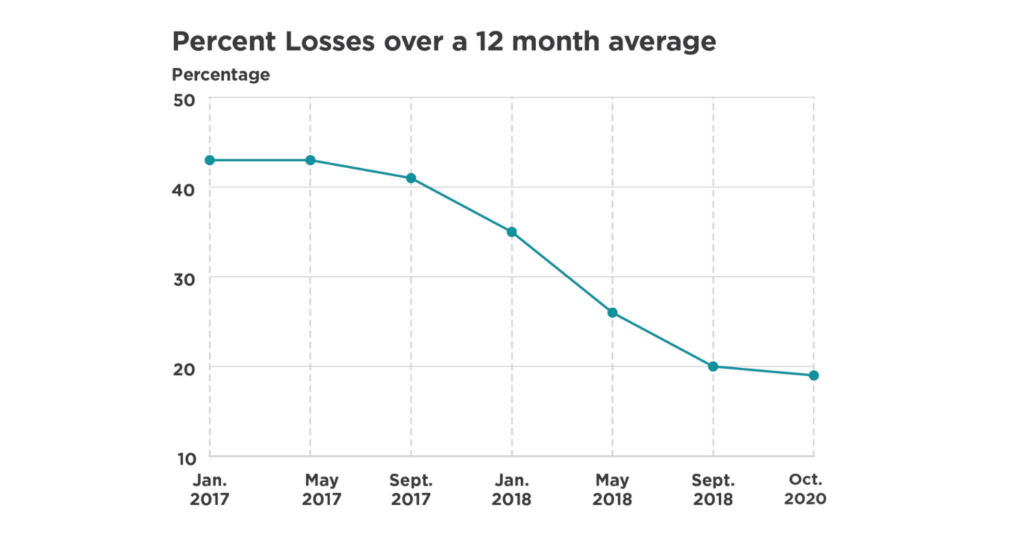The Situation
NRECA International is operating a power utility in the northeast of Haiti that provides affordable and reliable electricity to the Caracol Industrial Park and surrounding communities. It is the only utility in the country providing reliable electric service 24 hours per day, 7 days a week.
Electricity in Haiti
About one-quarter of the population in Haiti has access to electricity. The national power utility, Electricité d’Haïti (EdH), operates one power transmission and distribution grid that serves the Port-au-Prince metropolitan area, and a number of smaller mini-grids in other areas of the country. EdH’s power supply to homes is intermittent and unreliable. Extended outages are common, illegal connections are prevalent, and unpaid electricity bills go unnoticed. causing commercial losses and crippling revenue shortfalls. After the 2010 earthquake, a HFO-diesel power plant was constructed with donor support to provide electricity to the Caracol Industrial Park and nearby communities, and NRECA International helped establish the PPSELD utility with USAID funding.
The Challenge
When a power utility is established in challenging environments, it is crucial to ensure that service remains affordable and reliable. When PPSELD began its operations, commercial losses were high due to a legacy culture of power theft and unpaid bills. An electricity loss reduction program was implemented in January 2017 and has since reduced losses from an average of 46% in 2016 to 18% in 2020. The solution included assembling a strong management team, conducting daily inspections, performing routine disconnections of unpaid or illegal connections, and a implementing a strong community outreach and education campaign. To support this, PPSELD also needed a robust customer information system (CIS) to reduce commercial losses. PPSELD needed a CIS that is easy to use, flexible enough to adapt to less-than-ideal IT conditions, usable in rural areas that are not connected to wi-fi or cell, and easily adopted by staff with limited skills.
The Solution
The barrier to many smaller utilities is the high costs associated with standard licensing CIS sofware fees, common in the utility industry. To address this, the NRECA International team created WebCIS, a free open-source platform that is easy to customize. WebCIS is designed to help power utilities with the tools needed to access accurate and up-to-date customer data that is crucial to reducing commercial losses in challenging environments – without having to pay a high price in software licensing fees.
For PPSELD, this web-based system makes it possible to collect and provide real-time information on billing, claims, payment, and collections – critical for its survival and sucesss. The bottom line: WebCIS is free, easy to set up, and within the skills scope of utility staff, making it accessible for small utilities and adaptable for changing needs.
By the Numbers
As result of all of the robust loss reduction program that began in January 2017, the team:
- Reduced electricity losses from an average loss level of 46% in 2016 to 18%.
- Recovered 20,000 MWh = saving 1,260,000 gallons of HFO.
- Achieved 5,800 MWh in new sales = US$1.75 million in additional revenues for PPSELD between 2017 and October 2020.
